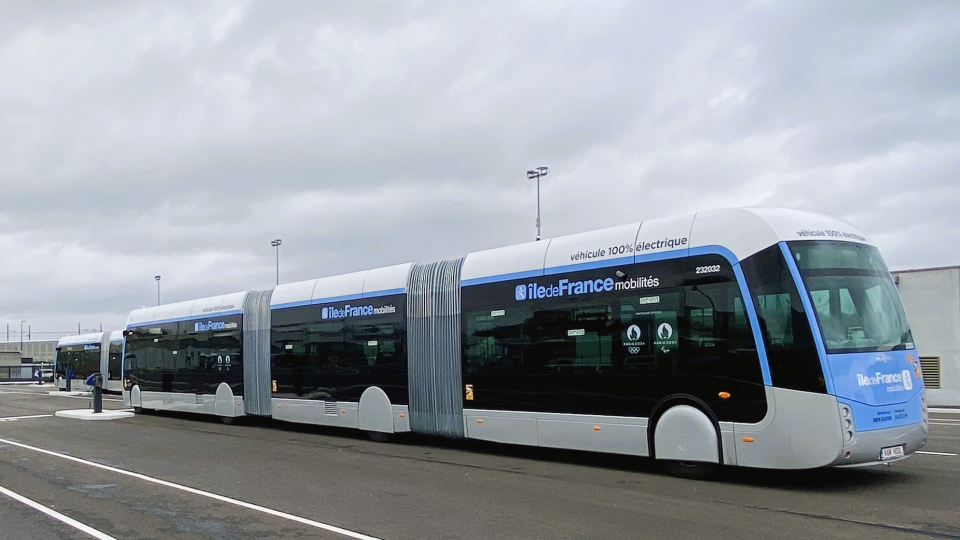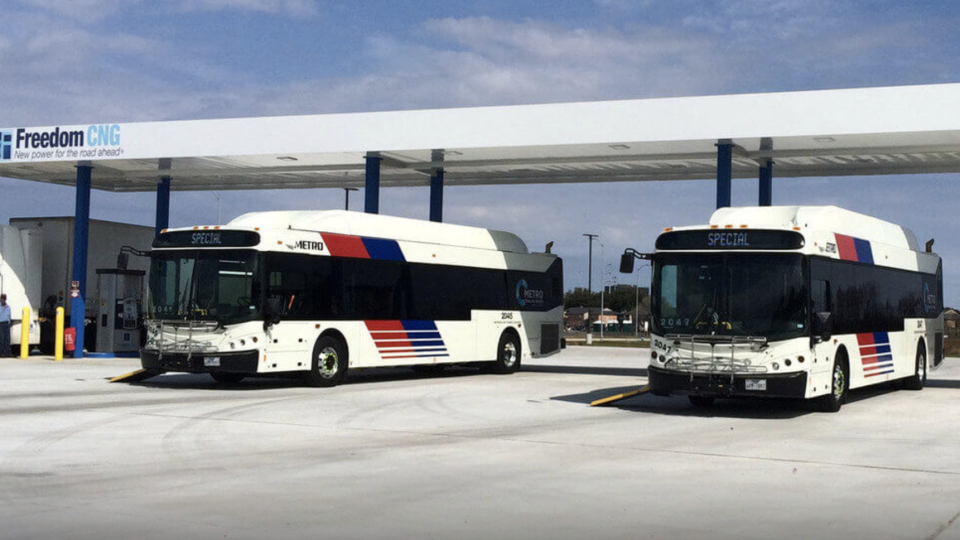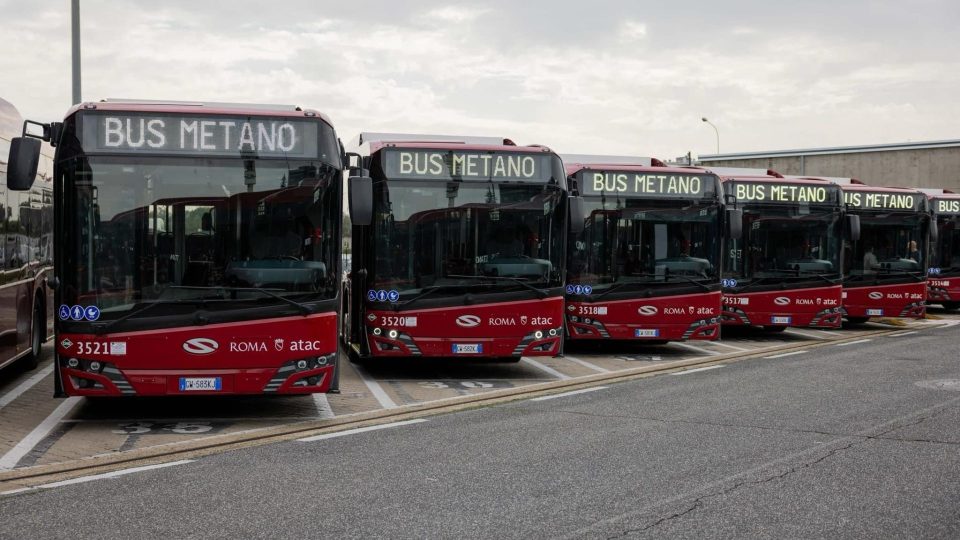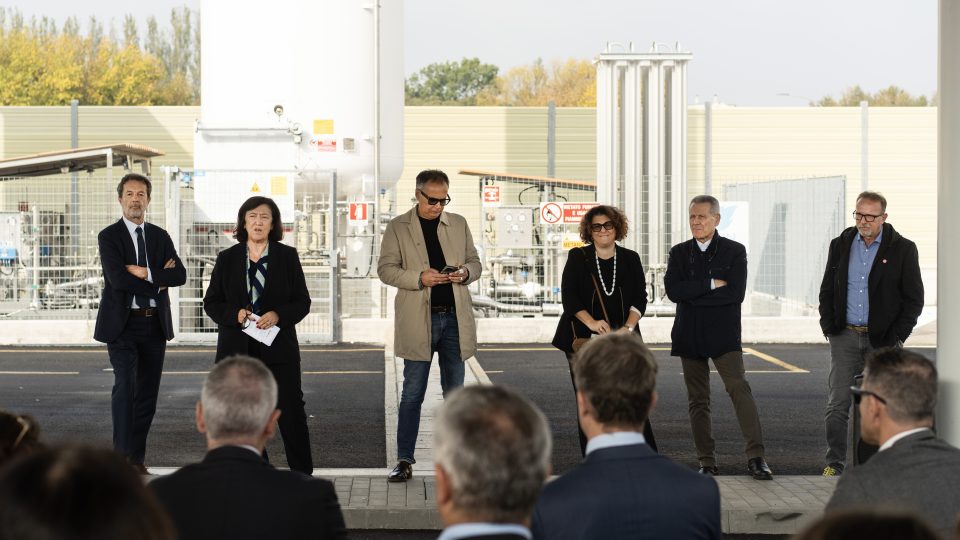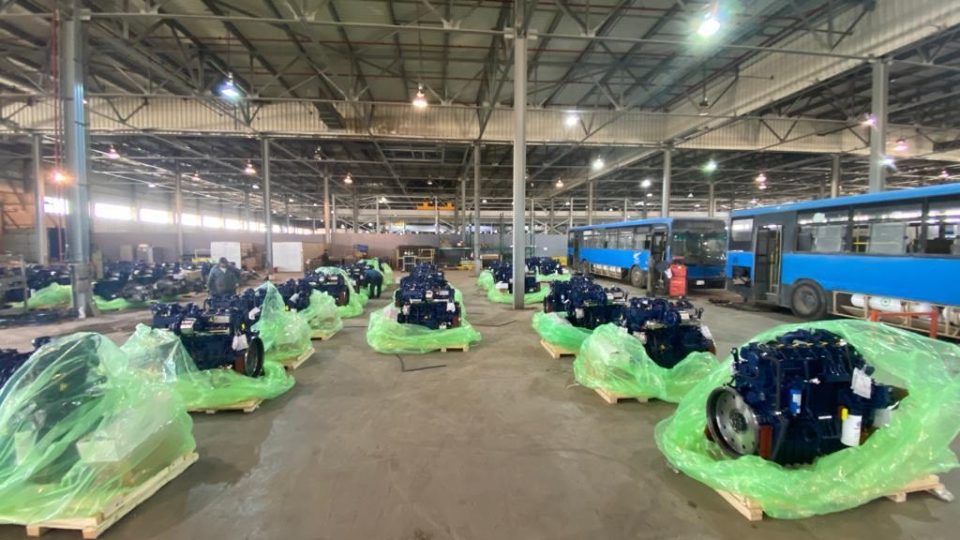Scania will deliver 741 Euro 6 gas buses to Bogotà
481 Scania gas fuelled Euro 6 buses weren’t enough. Bogotà awarded the Swedish company a contract for further 260 vehicles of the same kind, bringing the total order to 741 buses for the Bus rapid transit. The 260 vehicles are bi-articulated able to carry up to 250 passengers and will be bodybuilt by the Colombian bodybuilder Superpolo. […]
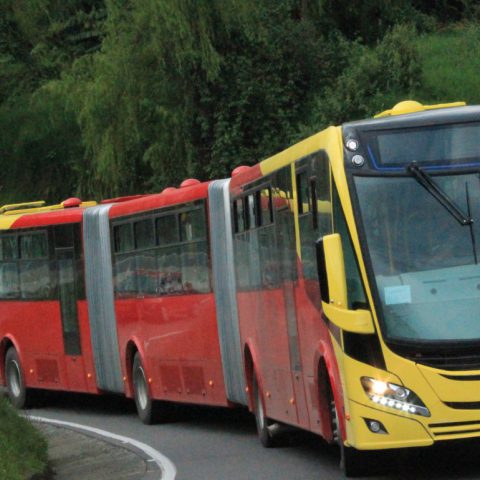
481 Scania gas fuelled Euro 6 buses weren’t enough. Bogotà awarded the Swedish company a contract for further 260 vehicles of the same kind, bringing the total order to 741 buses for the Bus rapid transit. The 260 vehicles are bi-articulated able to carry up to 250 passengers and will be bodybuilt by the Colombian bodybuilder Superpolo. Scania will hereby supply a majority of buses for the renewal program: indeed, also Volvo Buses won a significant tender for Transmilenio and will supply 700 diesel fuelled buses Euro V.
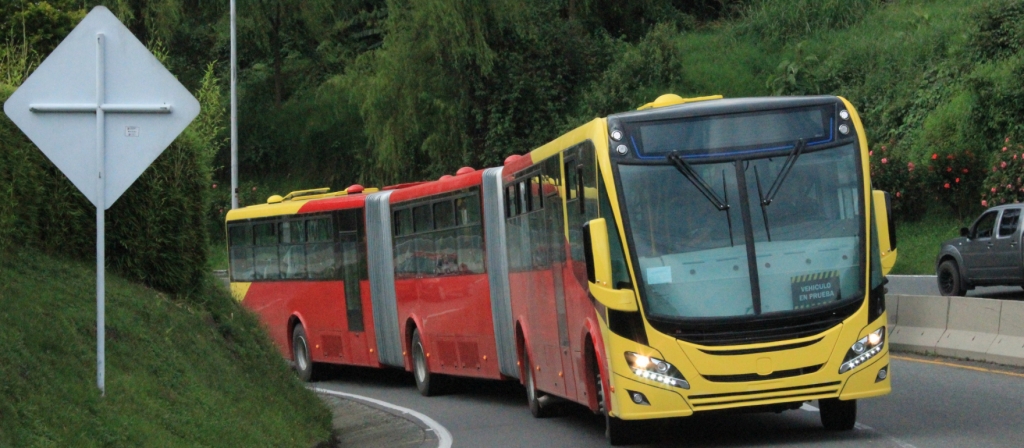
The replacement of Euro 2 and Euro 3 buses
Colombia capital city Bogotá is replacing its earlier Euro 2 and Euro 3 buses with new vehicles. Scania’s Euro 6 gas buses represent a huge leap in cleaner technology compared with these older-generation buses but also in relation to the more recent Euro 5 emissions standards. In operations with the new Scania gas buses, carbon emissions will be up to 20 percent lower while emissions of particulate matter will be two to three times lower, said Scania in a press release. Emissions of nitrogen oxide are four to five times lower than Euro 5.
260 bi-articulated in the fleet
The bus network, originally established in the early 1990s, encompasses 12 lines totalling 112 kilometres, with 1.7 million passenger journeys every day. The latest public tender has focused on the 18-station Américas BRT line, which will be operated by Masivo Bogotá. They will go into operation during the second half of 2019 and the first half of 2020. The 260 bi-articulated Scania F340 HA 8×2 (340 hp engines) have a capacity for 250 passengers. All buses will be bodybuilt by the Colombian bodybuilder Superpolo. Scania will be responsible for providing maintenance services for the buses. Since 2015, 227 Scania Euro 6 gas buses have operated in the Colombian city of Cartagena. “This latest big order demonstrates Bogotá’s commitment to substantially reducing pollution,” says Juan Carlos Ocampo, Scania Colombia’s Managing Director. “We are obviously pleased by the confidence placed in Scania and our low-noise’ low-emission technology.”



